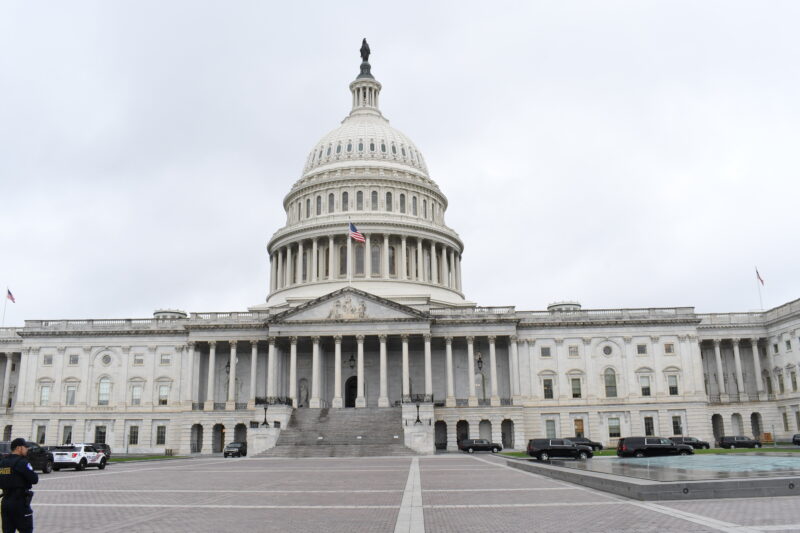Congress certified the election of President-elect Donald J. Trump January 6, 2025. Trump was inaugurated as the 47th President of the United States January 20.
To date, President-elect Donald Trump has made a number of appointments of interest to NIADA members.
Former Congressman from Wisconsin Sean Duffy has been nominated to fill the role of Secretary of Transportation. Duffy previously served as district attorney of Ashland County in Wisconsin from 2002 until he was elected to the House of Representatives in the 2010 election. Duffy served Wisconsin’s 7th District from January 2011 through September 2019 when he resigned. Duffy’s confirmation hearing in front of the Senate Commerce Committee was held on Wednesday, January 15, and he is expected to be confirmed by the Senate.
President-elect Trump nominated Steven Gill Bradbury to serve as Deputy Secretary of Transportation under Secretary Duffy. Bradbury served as general counsel at DOT during the first Trump administration and was also a law clerk to Supreme Court Justice Clarence Thomas. During President George W. Bush’s second term, Bradbury was acting Assistant Attorney General from 2005-2007. Bradbury became the acting Secretary of Transportation January 12, 2021, until January 20, 2021, after then-Secretary Elaine Chao.
President-elect Trump selected Andrew Ferguson to be the next chair of the Federal Trade Commission. Because Ferguson is a sitting commissioner, his appointment will not require Senate approval. Additionally, Trump has nominated Mark Meador to fill the commissioner vacancy, and Meador will go through the Senate confirmation process. Meador is a former staffer to Sen. Mike Lee (R-UT) and served as a trial attorney for the U.S. Department of Justice.
In the House, Chairman Sam Graves of Missouri will continue to helm the House Committee on Transportation and Infrastructure in the 119th Congress. Congressman Rick Crawford of Arkansas will be the Chairman of the Subcommittee on Highways and Transit.
Budget Reconciliation is a major action item as the 119th Congress ramps up. Republicans are hoping to use the measure to increase the debt-ceiling, enact tax cuts, border security measures, energy policy and spending cuts. These priorities compete with a slim and wavering minority in the House. The budget reconciliation process eliminates the need for Democratic votes in the Senate and begins with both chambers passing the same budget resolution.










